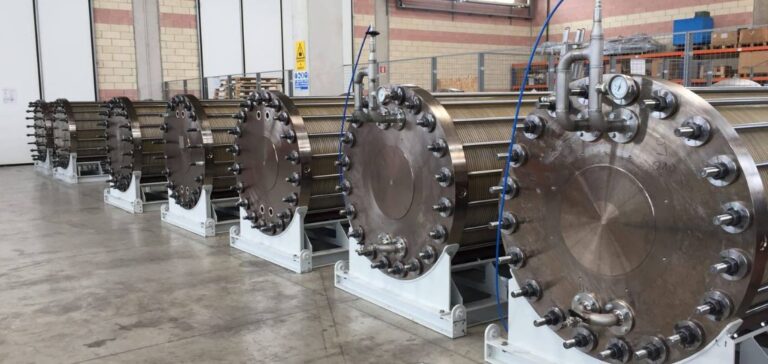Howe-Baker International and D.Energy have signed a memorandum of understanding to develop hydrogen production systems using blockchain technology. This partnership aims to improve the efficiency, transparency and safety of hydrogen production processes. Blockchain technology is being democratized within the energy industries, as demonstrated by ADA’s use of it. Some experts even suggest that blockchain could help combat global warming.
Optimizing efficiency
The two companies are collaborating to create blockchain-based systems to make hydrogen production more efficient, particularly in the USA. Blockchain helps reduce operational costs and optimize the use of resources. This means faster, cheaper production, with better resource management.
What’s more, blockchain offers complete traceability. Every stage of production, from the initial energy source to the final product, is recorded and verifiable. This strengthens transparency and accountability in the supply chain.
Enhanced safety
Data security is crucial. Using blockchain, Howe-Baker and D.Energy guarantee the integrity of information and prevent unauthorized access. Hydrogen production data is secure and immutable, ensuring its reliability.
Market outlook
This partnership comes at a time of strong demand for safe, efficient energy solutions. Integrating blockchain into hydrogen production could offer significant competitive advantages, particularly in terms of cost reduction and data security.
Layken White, president of Howe-Baker, says: “By combining our expertise in energy infrastructure with D.Energy’s technology, we aim to transform hydrogen production. This collaboration allows us to achieve new levels of efficiency and safety.”
Shafi Rafi, founder of D.Energy, adds: “This partnership is a key step in the integration of blockchain in energy. Together with Howe-Baker, we are developing scalable and secure solutions for hydrogen production.”






















